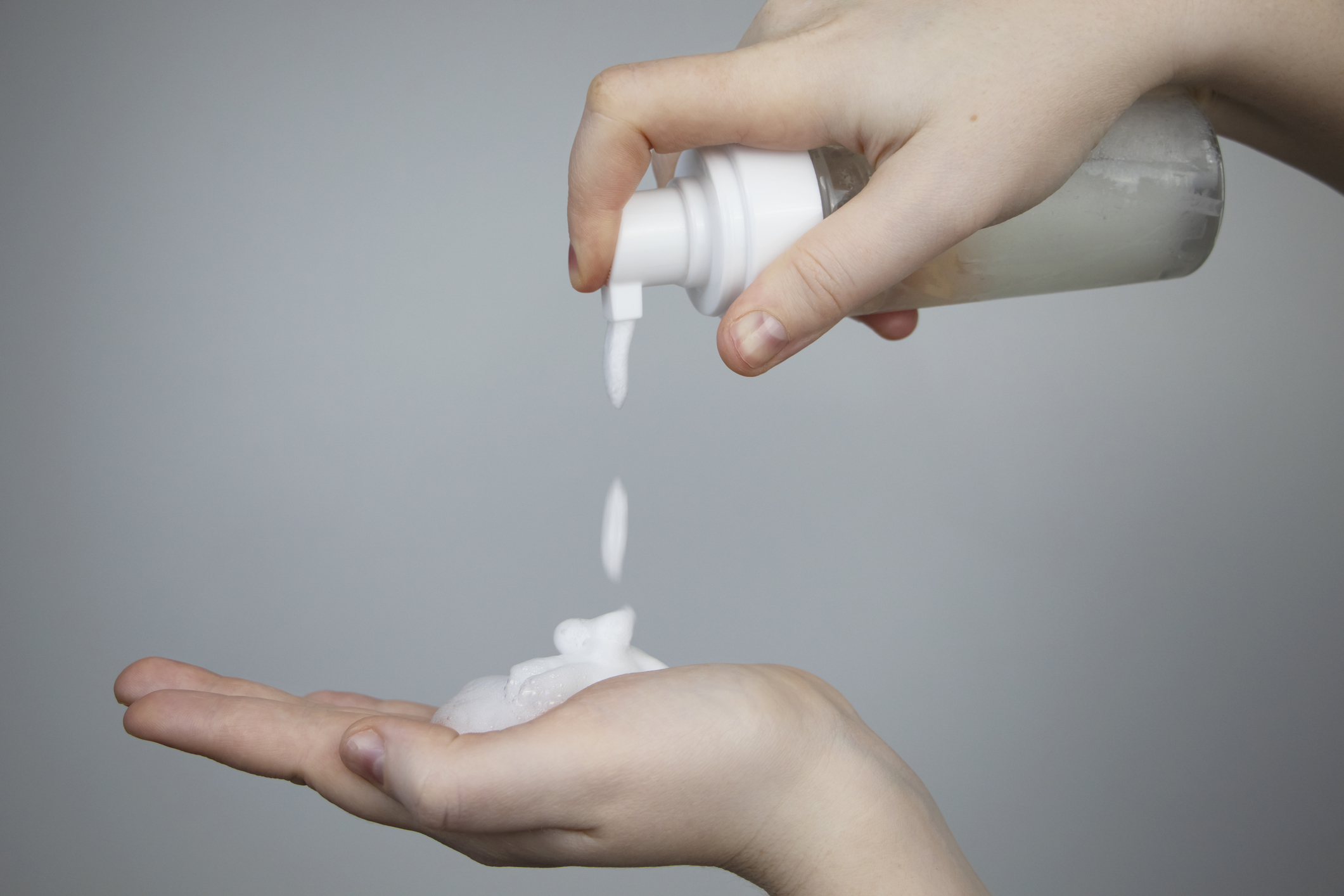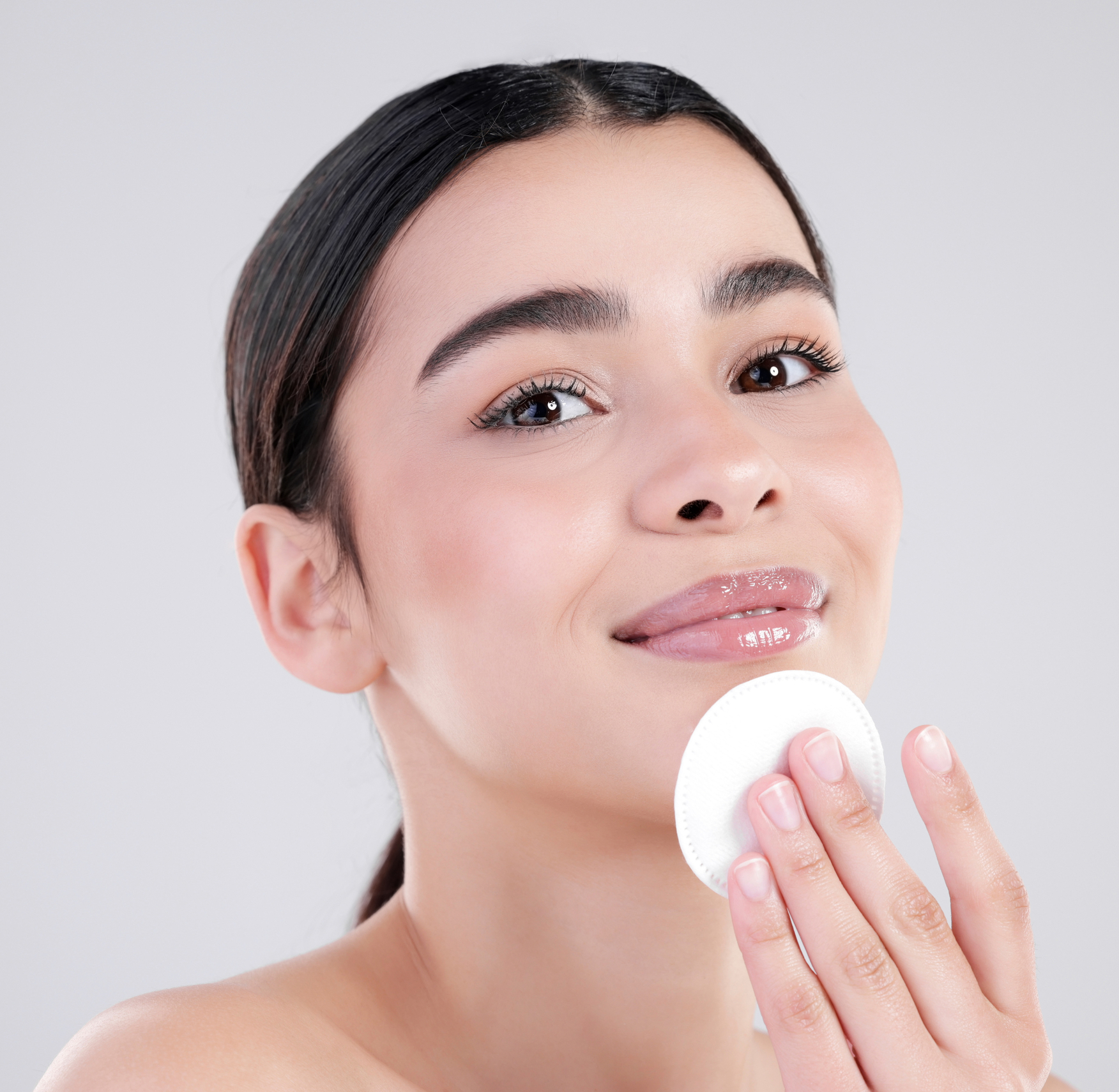Top 5 Commanding Skin Care Strategies for Oily Skin Masterclass
Understanding how oily skin develops is a crucial first step in mastering your skin care strategy. Your skin's sebaceous glands produce an oily substance known as sebum, which helps to protect and moisturize your skin. People with oily skin tend to have overactive sebaceous glands, leading to excess oil production. This increased sebum can lead to a shiny or greasy appearance, larger looking pores, and an increased likelihood of acne and blackheads. Becoming familiar with your skin's unique composition will allow you to tailor your skincare routine to its specific needs, leading to healthier, more balanced skin.
The Importance of Water-based Cleansers

One crucial strategy for handling oily skin is to pick your cleanser wisely. Water-based cleansers are typically the best option for those with oily skin. These cleansers are designed to gently remove excess oil without stripping your skin, preventing your sebaceous glands from going into overdrive to compensate. They often contain ingredients like hyaluronic acid and glycerin, which provide mild hydration and help to balance your skin's oil production.
Exfoliate, but Not Too Much

Exfoliation is essential for those with oily skin, but overdoing it can exacerbate oiliness and lead to skin damage. The right exfoliating routine can help unclog pores, prevent acne, and make your skin appear smoother and less shiny. Avoid harsh scrubs that can irritate your skin and opt for chemical exfoliators such as alpha or beta hydroxy acids. Remember, stick to exfoliating no more than two or three times per week to prevent over-stimulation of oil production.
The Role of Oil-free Moisturizers

A common misconception is that those with oily skin should avoid moisturizing. However, skipping this step can lead to drier skin, which may signal your sebaceous glands to produce even more oil. The key is to select an oil-free, non-comedogenic moisturizer that won't clog your pores. Lightweight gel moisturizers or lotions with ingredients like hyaluronic acid can hydrate your skin without adding extra oil.
Protecting Your Skin from the Sun

Protecting your skin from sun damage is crucial, regardless of your skin type. Excessive sun exposure can lead to premature aging, skin damage, and increased oil production. Opt for oil-free, non-comedogenic sunscreens formulated for oily skin to achieve broad-spectrum coverage without aggravating your skin. Look for products with a matte finish to help control shine throughout the day.
Lifestyle Adjustments for Better Skin

Beyond skin-care products, a handful of lifestyle adjustments can also contribute to managing oily skin. Regular exercise can help regulate your hormones and subsequently decrease oil production. Drinking plenty of water and maintaining a balanced diet rich in fruits, vegetables, lean proteins, and complex carbohydrates can also support overall skin health. Lastly, stress management techniques, like yoga or meditation, can help keep hormone levels in check, further aiding in the regulation of sebum production.